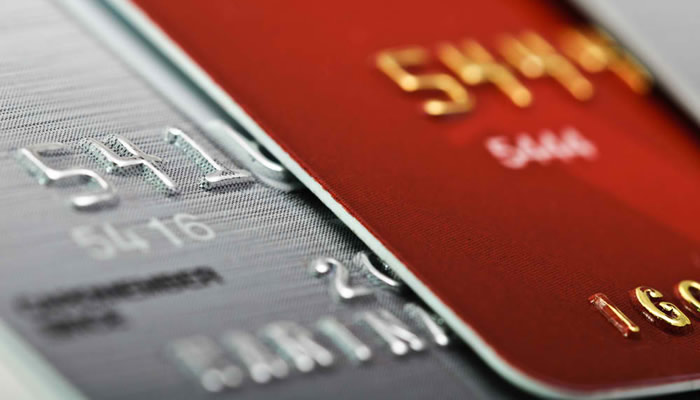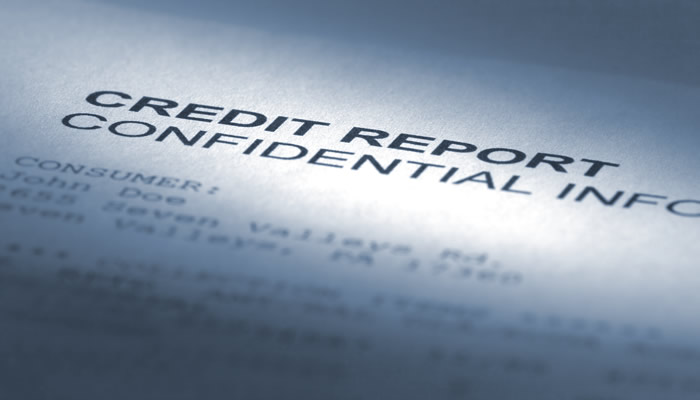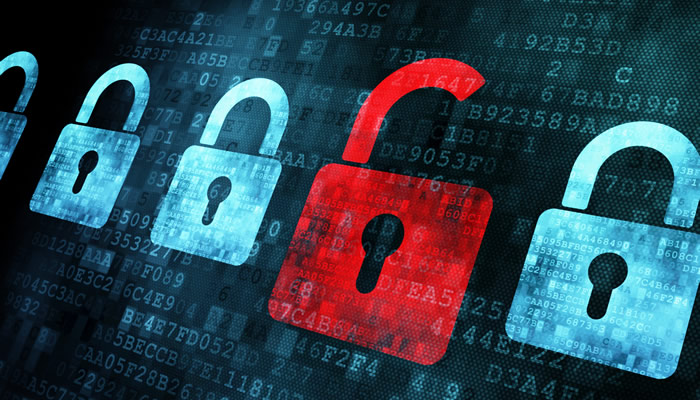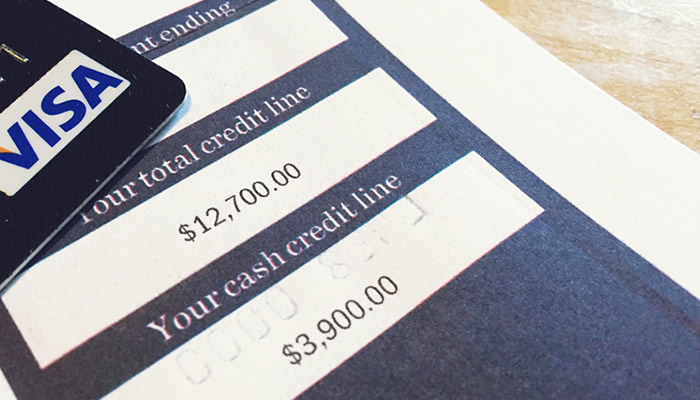How to Protect Yourself from Credit Card Fraud
Are you concerned about credit card fraud? Each year thousands of Canadians fall victim to credit card fraud. Credit card fraud comes in all shapes and sizes from lost and stolen cards to account takeovers.
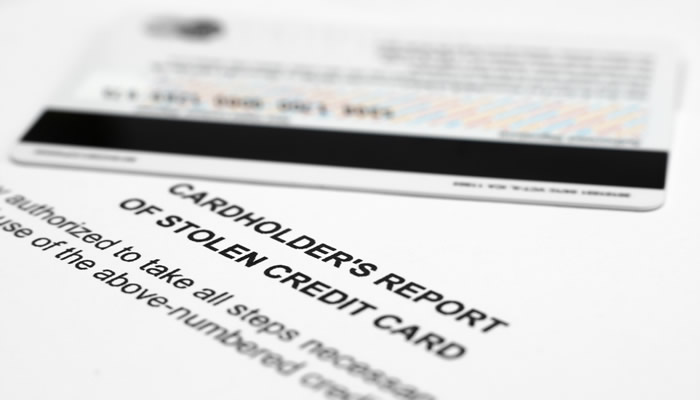
In 2012, credit card fraud amounted to an astonishing total of $439,363,617, and an average loss per account of $584, according to the Canadian Bankers Association. To say credit card fraud is a slight problem would be a major understatement.
Although you’re protected under your credit card’s zero-liability policy in most cases, you should still take every precaution to avoid becoming a victim. Here are some ways to be proactive to help protect yourself from fraudsters.
Your PIN
Your PIN should remain top-secret at all times. PIN stands for “Personal Identification Number” – it’s called personal for a good reason. You should never share your PIN with anyone. In fact, by sharing your PIN with someone, you could be voiding your credit card company’s zero-liability policy and be held liable.
When choosing a PIN, you should choose a number that’s not easy for thieves to figure out. You should avoid using obvious PINs like your year of birth or your house number. If a thief found your wallet with your credit card inside, those would most likely be the first numbers he or she would try.
When it comes to your PIN, you should never write it down. If you write it down in your wallet, a thief will easily be able to start racking up fraudulent charges on your credit card. You should guard your PIN like a hawk. If you receive an email or phone call from someone who claims to be from your credit card company requesting your PIN, you should proceed with extreme caution.
Your Credit Card
There are plenty of ways to protect your physical credit card from falling into the hands of fraudsters. When you first receive your credit card, you should sign the back of it and activate it right away. If your credit card is lost or stolen, the thief will have to forge your signature on most cards for purchases over $50. It will make it a lot easier for your credit card company to know it’s not you, especially if the signature looks nothing like yours.
Speaking of your credit, rule number two is to never lend your credit card to anyone. If your credit card is lost or stolen, you could be held liable if you let someone borrow it. Unless you hold a joint credit card with your spouse or child, it’s best to never let it out of your sight.
Gas stations and restaurants are two of the most common places for credit card fraud. Even if you take every precaution, you can still end up as a victim. If you decide to use your credit card at these places, you should have a separate credit card with a low limit. That way if your credit card information is stolen, the thief won’t be able to do that much damage. Furthermore, you should consider getting a credit card with a chip-and-PIN. These cards are a lot harder for criminals to steal.
These are just a few of the many ways to protect your credit card from fraud. By protecting your credit card information, you’ll make it a lot harder for thieves to steal it and damage your credit rating.

